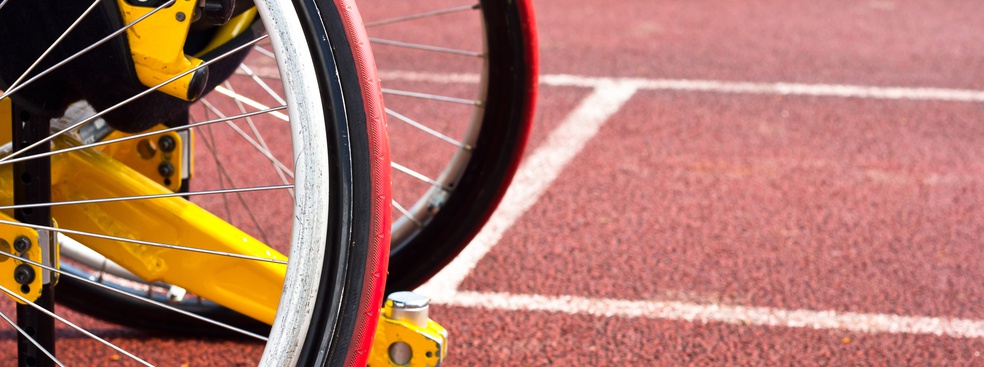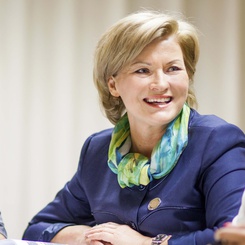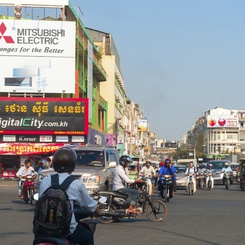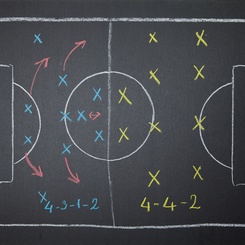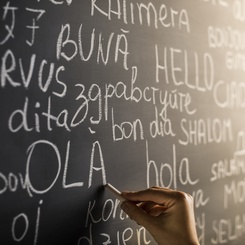Chances are you’ve heard of Usain Bolt. You might even know he’s the only sprinter to win the Olympic 100m and 200m at three consecutive Olympics. You’re probably also familiar with swimmer Michael Phelps and his impressive record of 25 Olympic medals. But have you heard of Trischa Zorn?
Trischa has won 41 gold, 9 silver, and 5 bronze Olympic medals over the course of her illustrious swimming career. However, you’ve probably never heard of her because she competed in the paralympics. She’s the most successful paralympian of all time, and yet her story has not received near the amount of media attention that athletes who compete in the “main event” receive.
Take the last Olympics in Rio, for example: NBC, who owned the American broadcast rights to all events, aired 6755 hours of Olympic competitions versus only 66 hours of Paralympic events. Chinese broadcasters aired a mere one hour per day of Paralympic coverage. Indian broadcasters, none whatsoever.
Here in France, France Televisions aired around 100 hours of Paralympic coverage, versus 700 hours of coverage for the Olympic Games. That might seem not too shabby by comparison. In fact, France Television bent to public pressure after protests erupted over the London 2012 Paralympic coverage: at that time, only the opening and closing ceremonies were broadcast! Plus, the London 2012 Paralympics sold 2.72 million tickets, making it the third biggest sporting event that year, behind the Olympics and the Fifa World Cup.
Will this mean that Paris will be forward-thinking when they play host in 2024?
Hosting the Olympic Games in 2024 will mark 100 years since Paris last played host to the event. It will hopefully also mark a significant change in how the Paralympics and their athletes are going to be recognized by both the media and the public, in France and abroad. Paris has a fantastic opportunity to lead the way for change.
And it’s about more than just getting recognized in the street. Media visibility for paralympians means access to sponsorships and funding opportunities as well as better training conditions and facilities.
It sets up a virtuous circle where aspiring athletes will be able to follow the example of Algeria’s Abdellatif Baka, a paralympian, who actually beat Matthew Centrowitz’ time in the 1500m (Olympic) race. In fact, the first four finishers in Baka’s final beat Centrowitz’s time! Most importantly, it helps the public see abilities rather than disabilities and drives the integration process for people with disabilities.
